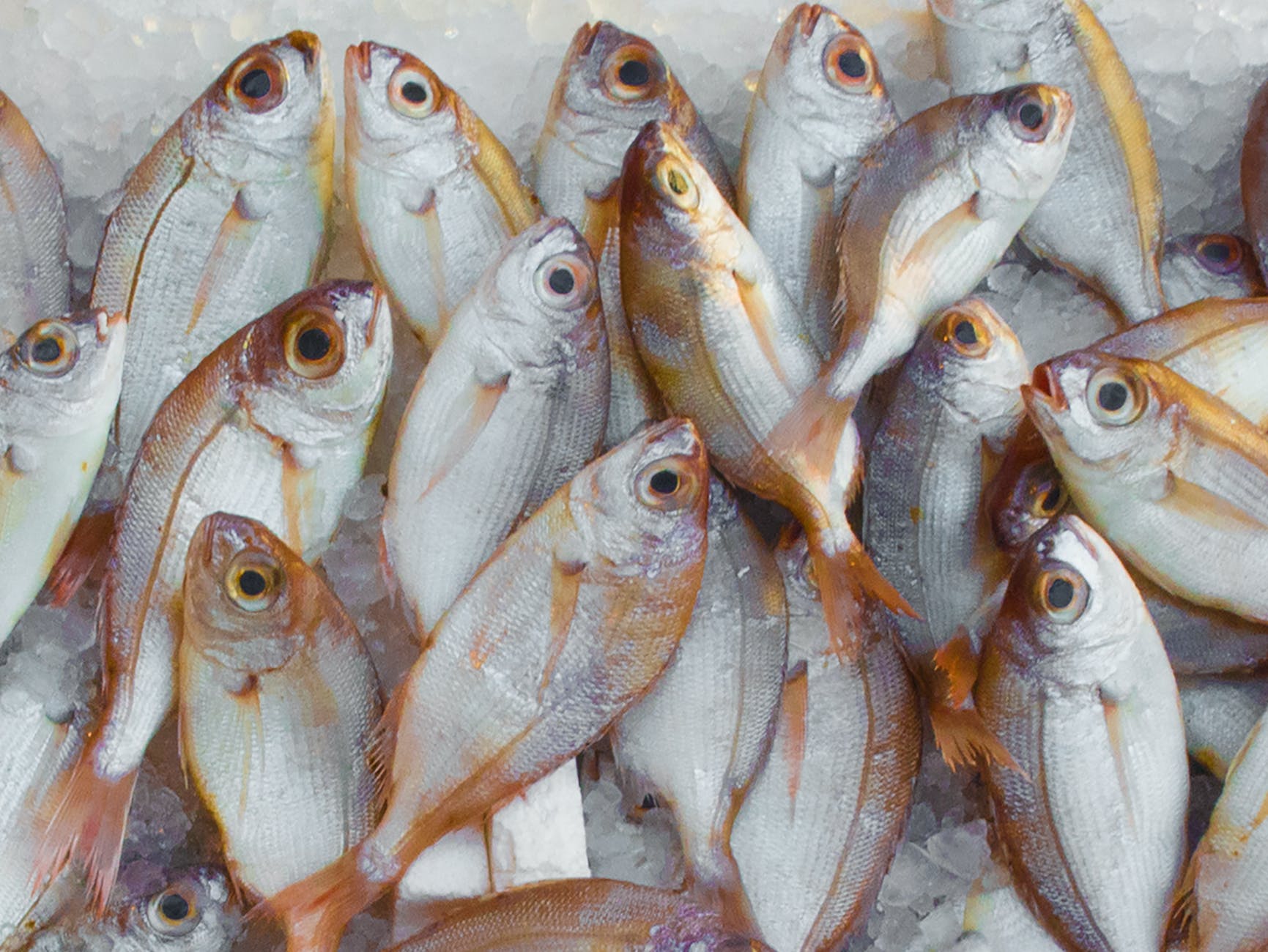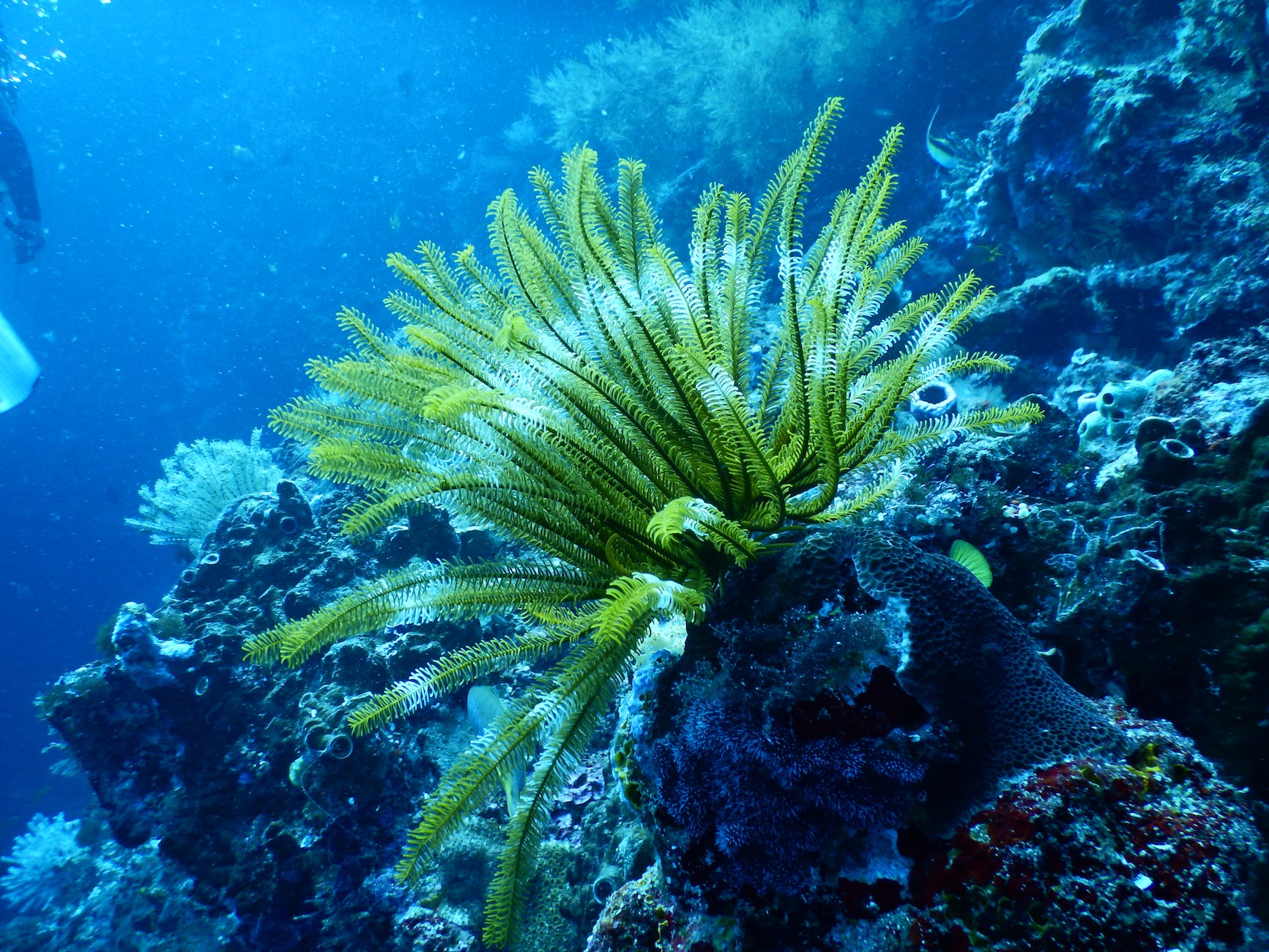A new science report warns of massive threats to fish and other ocean life, including all seafood sources, unless people act fast to reduce human-caused climate change.

If greenhouse gas emissions continue to rise at their current rate, stated a major report this week in the prestigious scientific journal Nature Climate Change, almost 90% of about 25,000 marine species, almost everywhere in the world, “are at high or critical risk.”

“Climate change is impacting virtually all marine life,” said the Nature study, “with adverse consequences for ecosystem health, food security and human well-being.”
We got a scary glimpse of that last year on the west coast of B.C. during the so-called “heat dome”, when record heat combined with low tides and turned intertidal beaches into death zones for barnacles, mussels, clams, and oysters.

That one extreme climate change event killed at least one billion marine animals, and scientists say the effect of that event continues to be far-ranging.
“These species support important commercial, subsistence, and recreational fisheries,” and B.C.’s heat event “may be a bellwether for future extreme temperature events,” scientists said in a report in June in the journal Ecology.

The scientists noted the event “would have been virtually impossible without human-caused climate change,” and “may have far-reaching and potentially multiyear effects on nearshore ecology, cultural connections, and fisheries.”
But there is still time to stop the threat. The Nature Climate Change report said that reducing emissions would reduce the risk “for virtually all species,” make ecosystems more stable, and help fishing communities at risk of going hungry.







